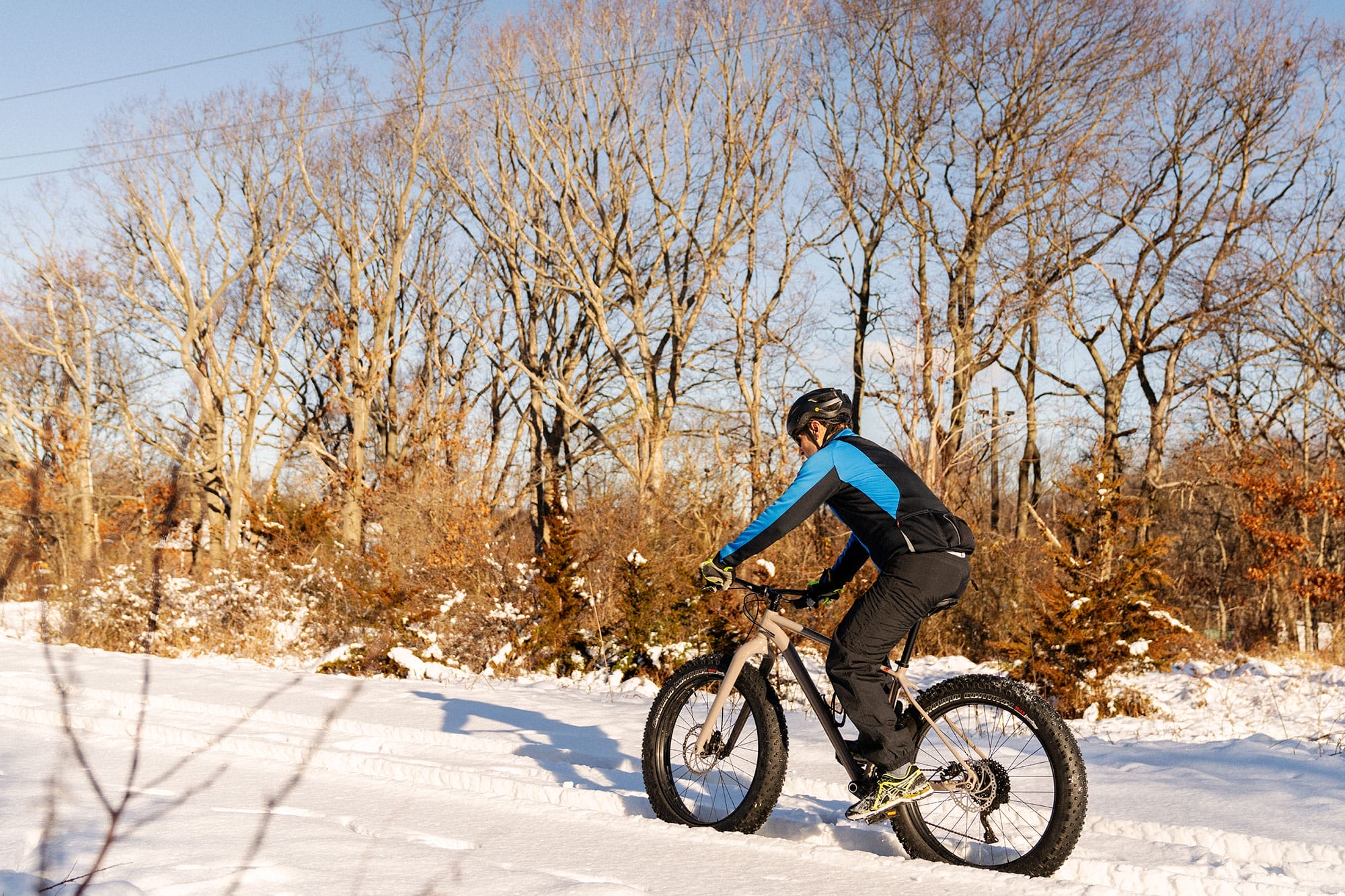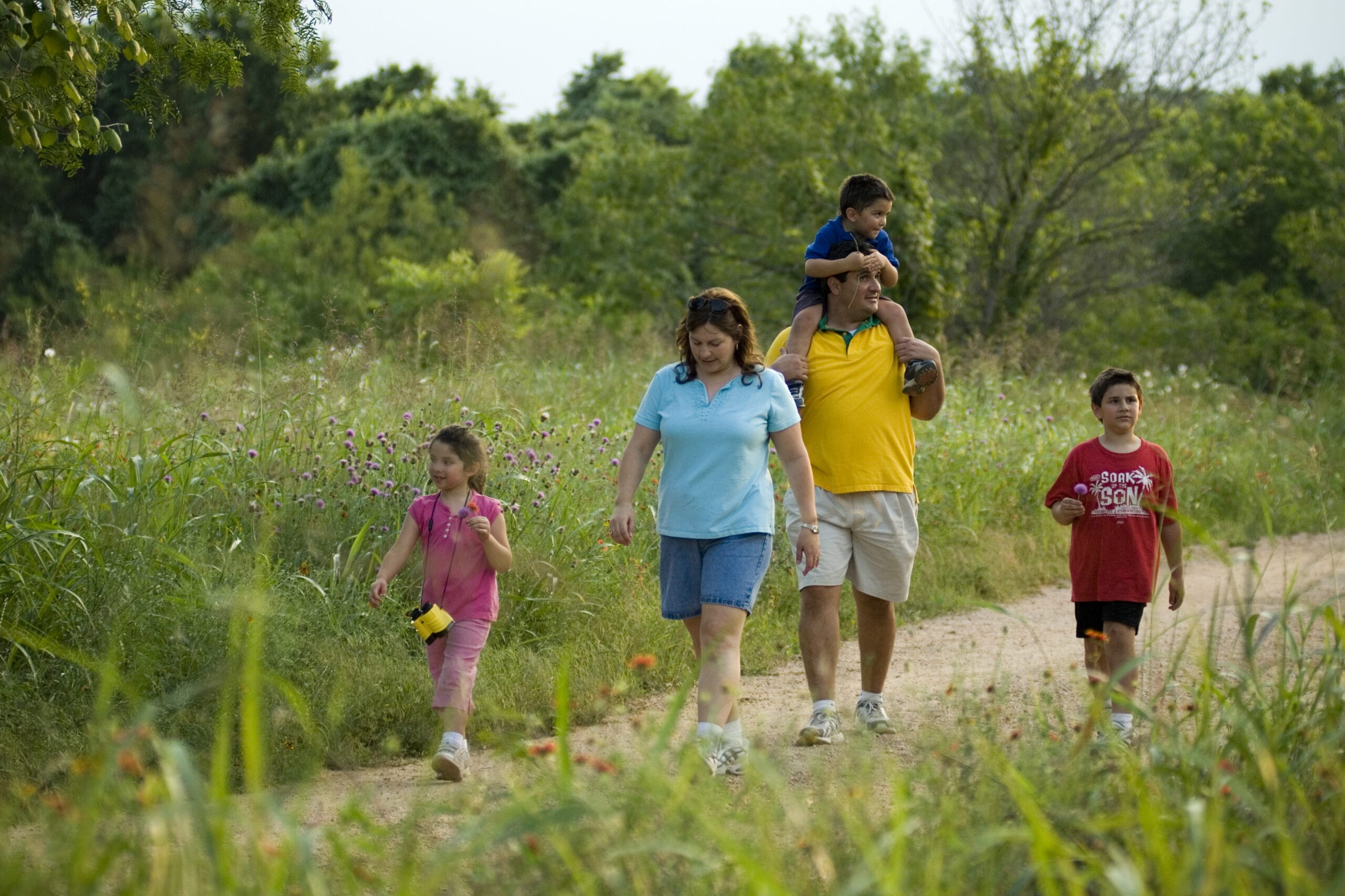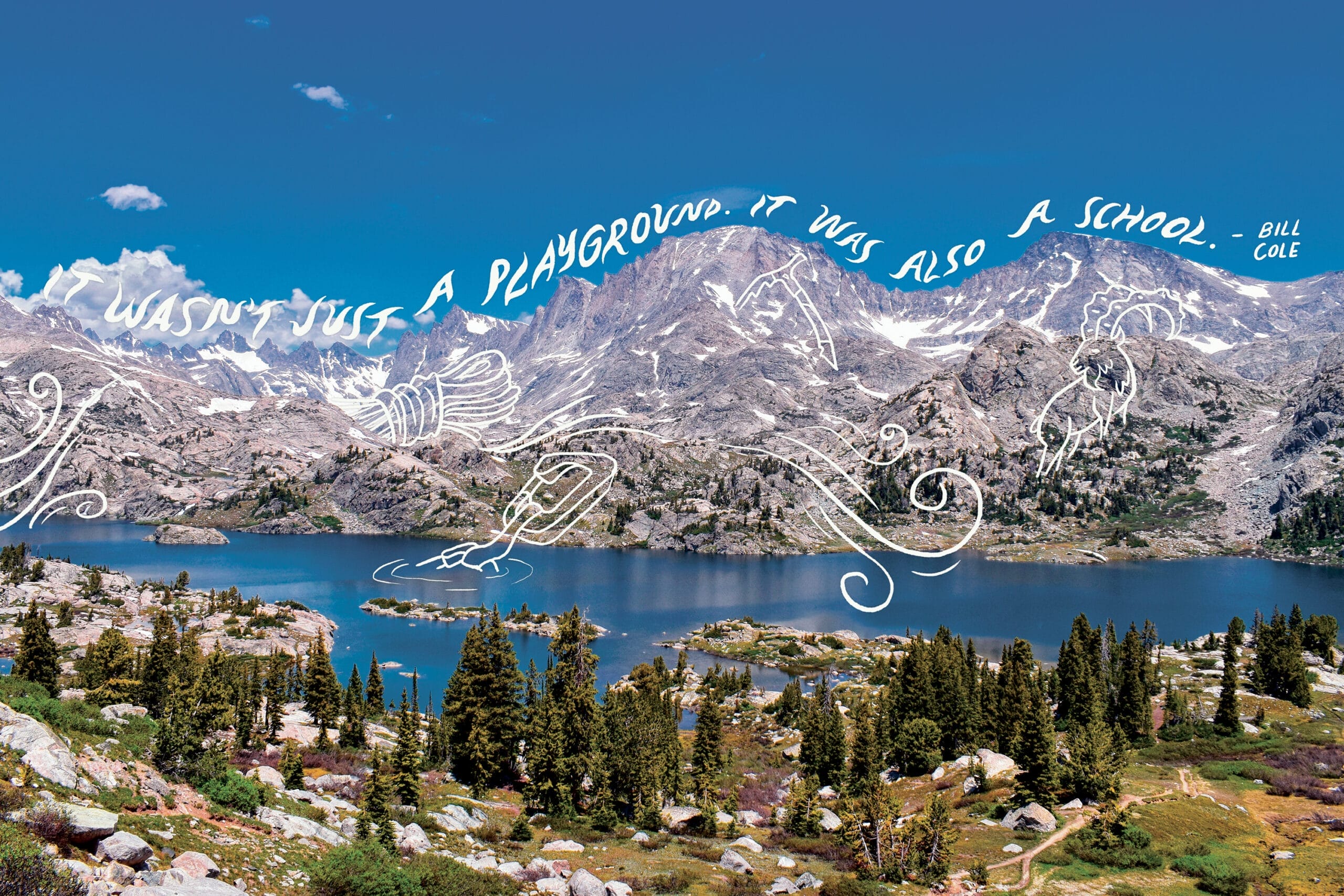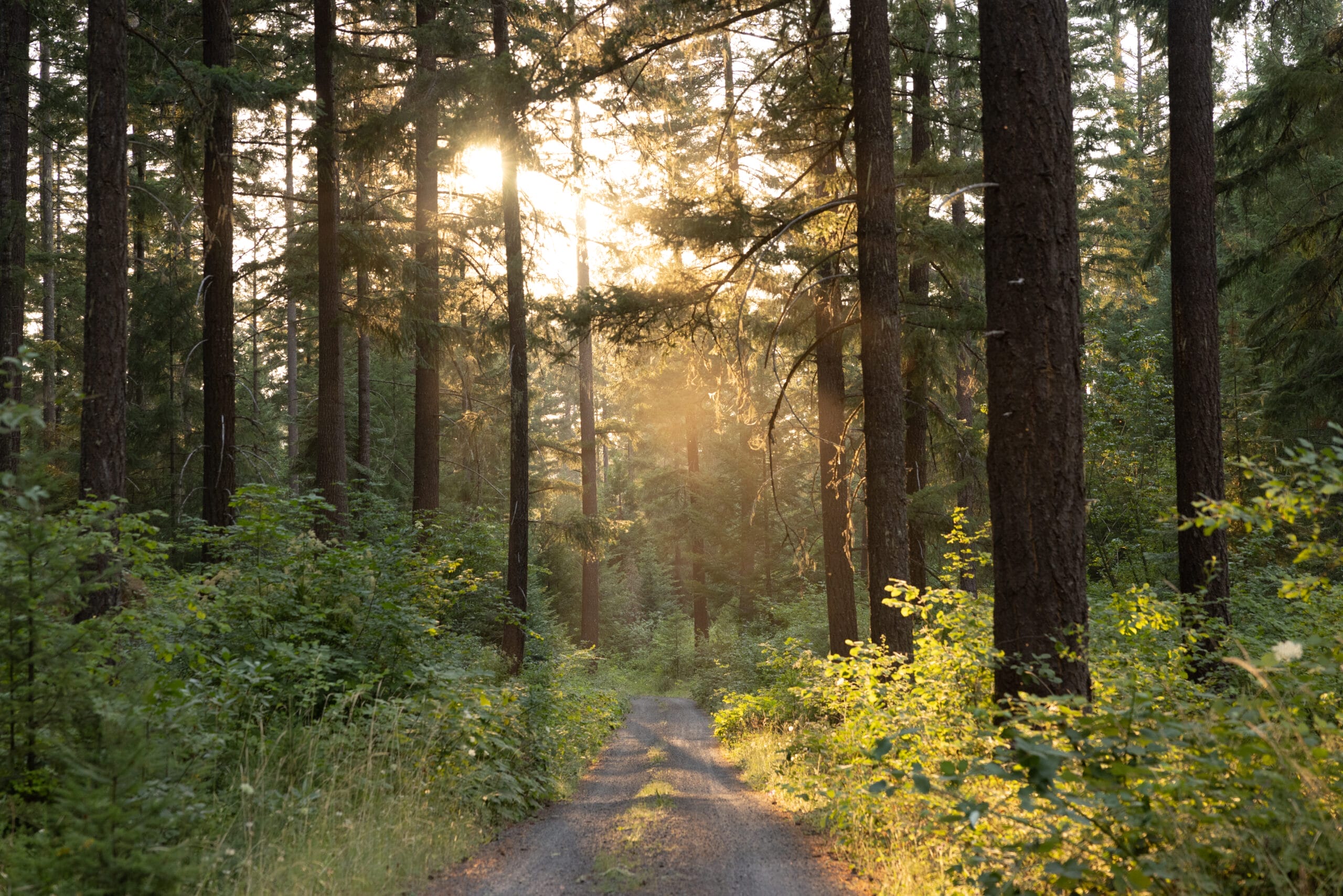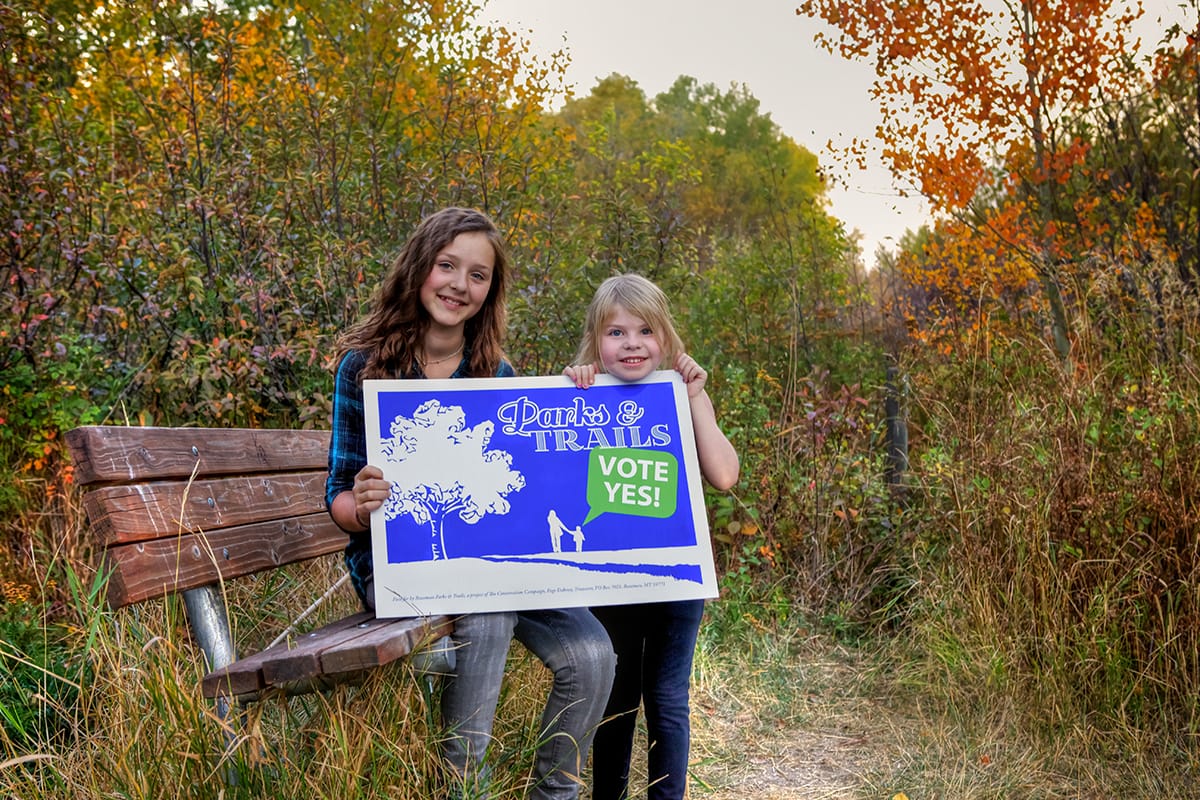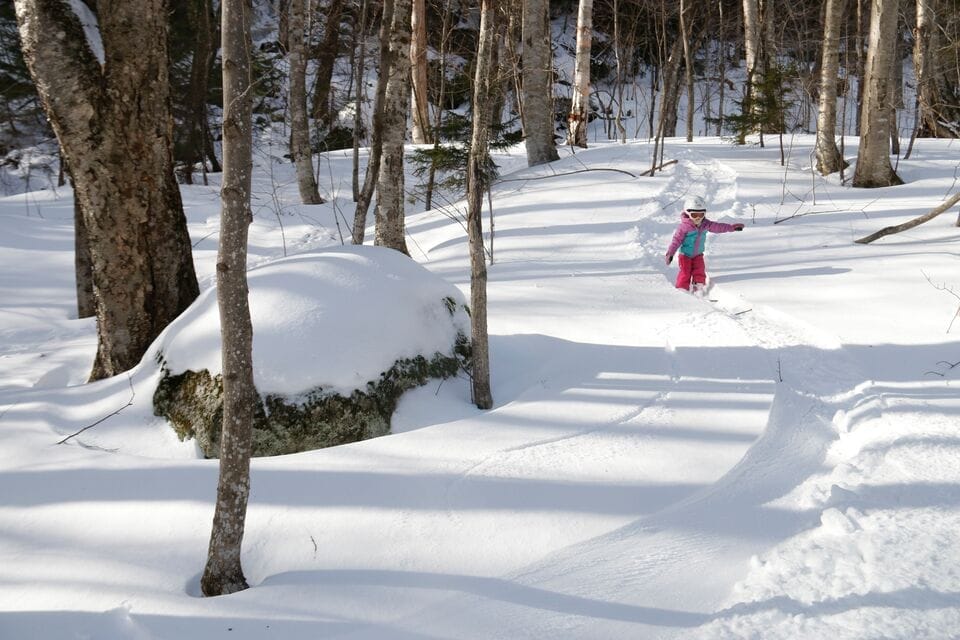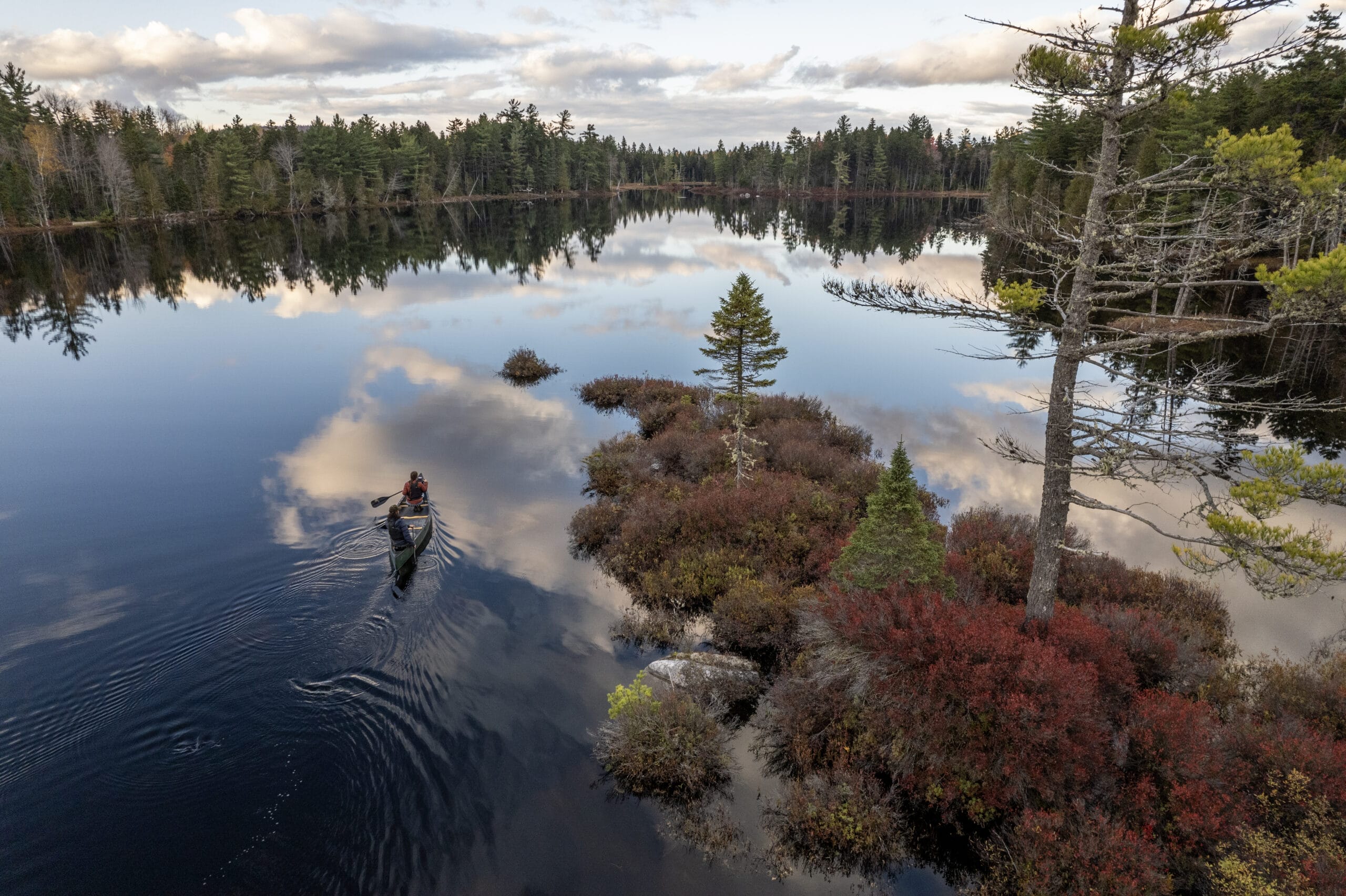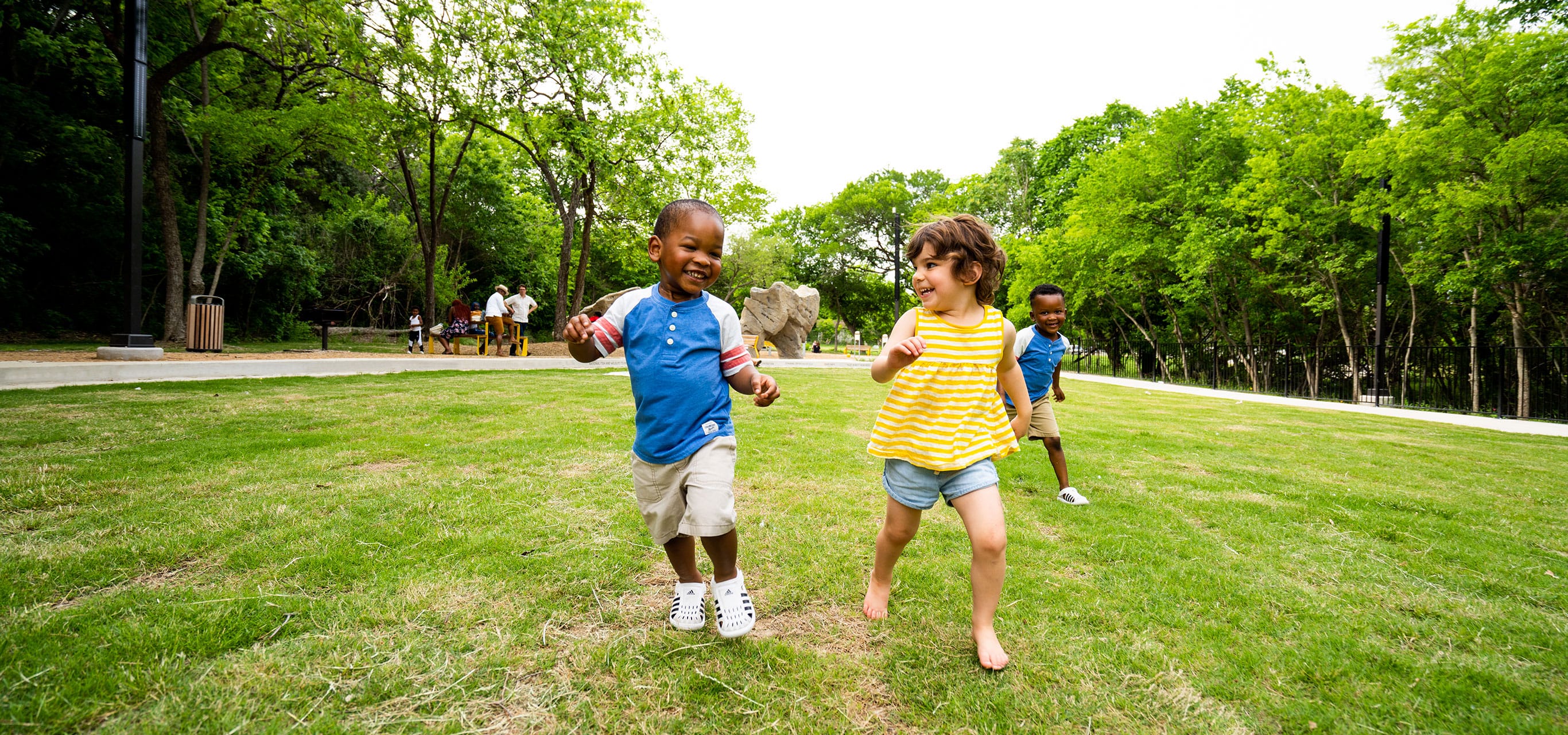
Watch: A community saves its forest
Watch: A community saves its forest
Imagine you had a 13-acre neighborhood forest right outside your door, where you could walk the dog, hike with the kids, or snowshoe and ice skate in the winter. Nice, right? Now imagine developers wanted to build a big industrial plant smack dab in the middle of your forest, wiping out your kids’ tree forts, your dog’s favorite trail, and your green, leafy view.
When this scenario began to play out in Tobin Scipione’s Portland, Maine neighborhood, she didn’t get mad—she got organized. Scipione and her neighbors teamed up with The Trust for Public Land to raise money to purchase and protect Canco Woods, their beloved local green space. In the video above, and Q&A below, Tobin shares her story.
How long have you lived near the woods?
Seven years. For our two boys to grow up with a wooded park so close to home is remarkable. There aren’t that many parks like this in our suburban community—and certainly none as accessible. Canco Woods is an urban oasis for us. We don’t have to drive miles to get to rural Maine. We have a tiny little piece of it here.
How would your neighborhood have changed if Canco had been developed?
Industrial development this close to hundreds of homes would have had a huge impact—from noise pollution to light pollution, to destroying the ambiance of the neighborhood. Driving down our street you would have seen an industrial development instead of a forest. It would have hurt the local wildlife, the deer and fox that live in the woods. And it would have negatively impacted the desirability of the neighborhood—rental income, home prices, all would most likely have taken a hit. Most importantly, we wouldn’t have a place to play with our kids.
Tell us more about the community effort to save it.
I worked with a core group of volunteer organizers to mobilize the community. We did a door-to-door campaign, asking every household to consider a $1,000 gift—which is a lot for many people in our mixed income, working class neighborhood.
But people dug deep, and my family dug deep, too. It was the biggest gift we’ve ever given to charity, and our first gift for land preservation. It was a very different experience to donate to a "forever" project that leaves a legacy, versus donating to a local food bank. Personally, it was very moving to be part of something that will exist in perpetuity. Opportunities to preserve a place forever don’t come around very often.
All in all, we ended up raising nearly $100,000. If you drove through our neighborhood—small homes, working class families—you would be shocked we achieved this goal. But people understood the urgency around the project. My son and his friends went around unprompted and collected cans to support the cause. The kids were doing stuff, people were talking to their friends and family, and donations were coming in from across the country.
How did The Trust for Public Land help?
I was so blown away by The Trust for Public Land’s Maine office and team. We met them at a crisis point. Canco Woods was already under an industrial contract when we got word [of the pending development], but The Trust for Public Land fast-tracked the project and helped us organize. They were as excited about the project as we were, and contributed a lot of their own money to save Canco Woods. The Trust for Public Land was instrumental in paving our pathway to success. I’m not sure we could have done this without them.
Despite the importance and popularity of our forests, they face unprecedented threats. Take action now and urge Congress to protect our country’s forests by signing our petition today!
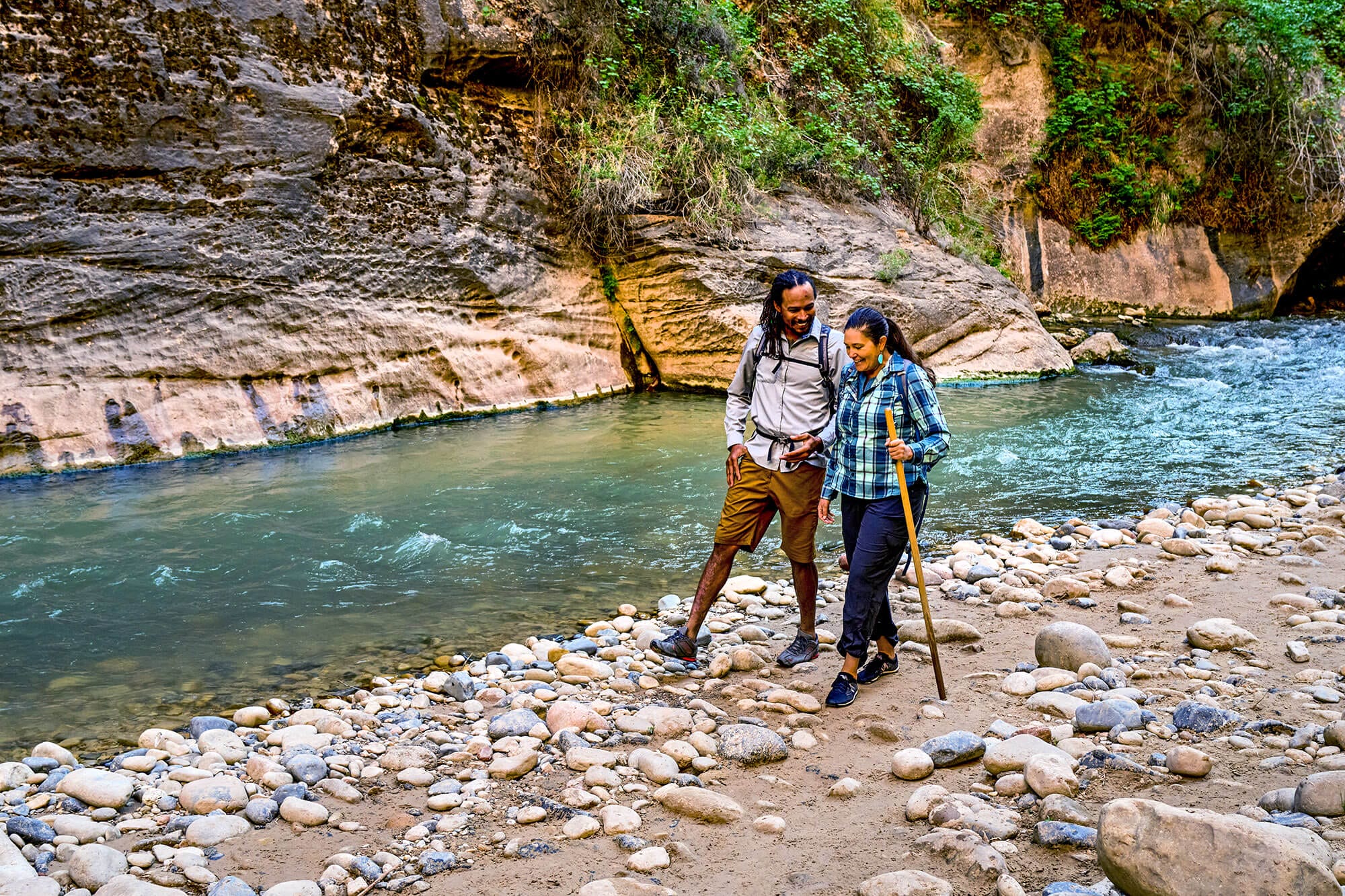
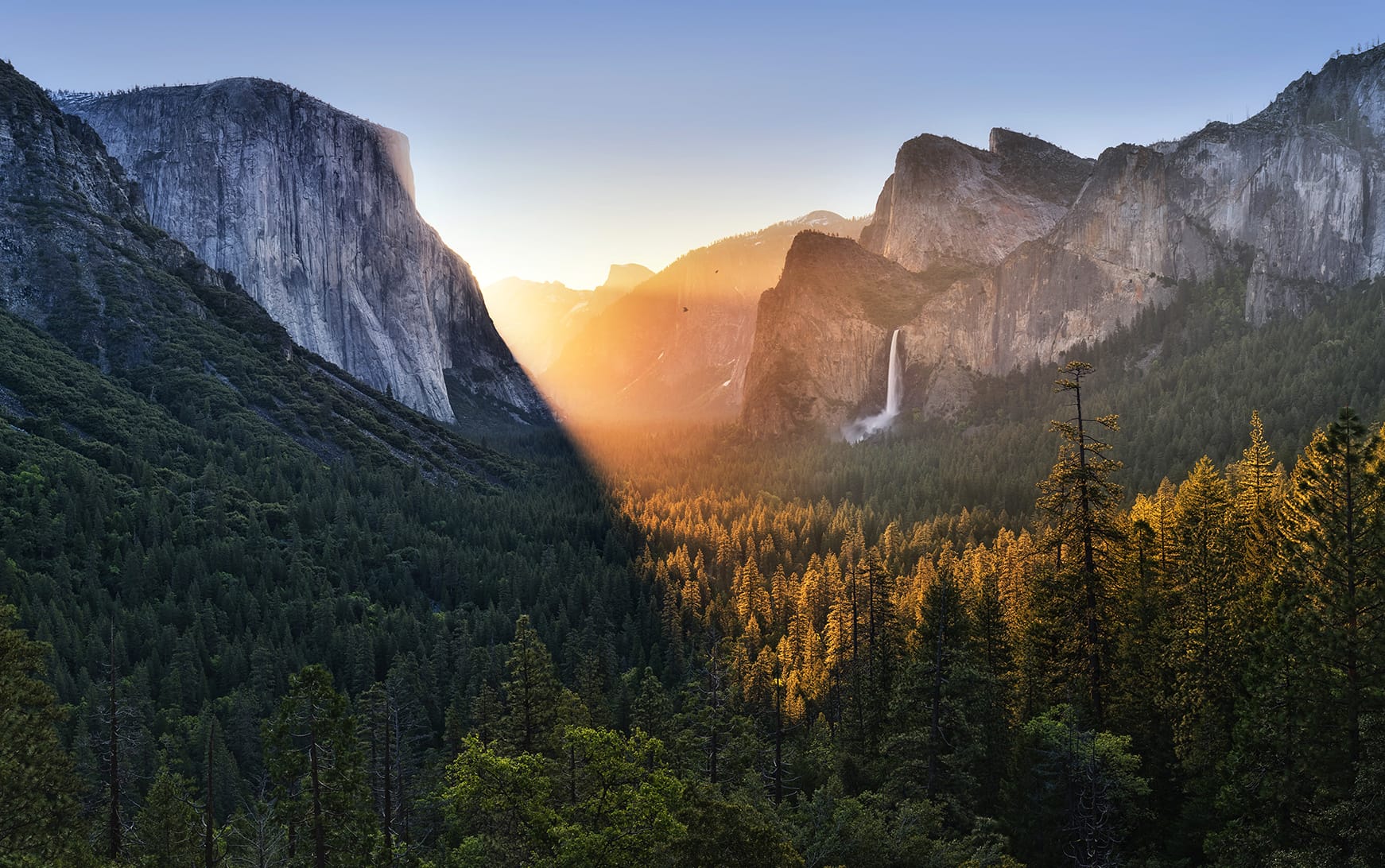
Donate to become a member, and you’ll receive a subscription to Land&People magazine, our biannual publication featuring exclusive, inspiring stories about our work connecting everyone to the outdoors.
See how our supporters are helping us connect people to the outdoors across the country.

